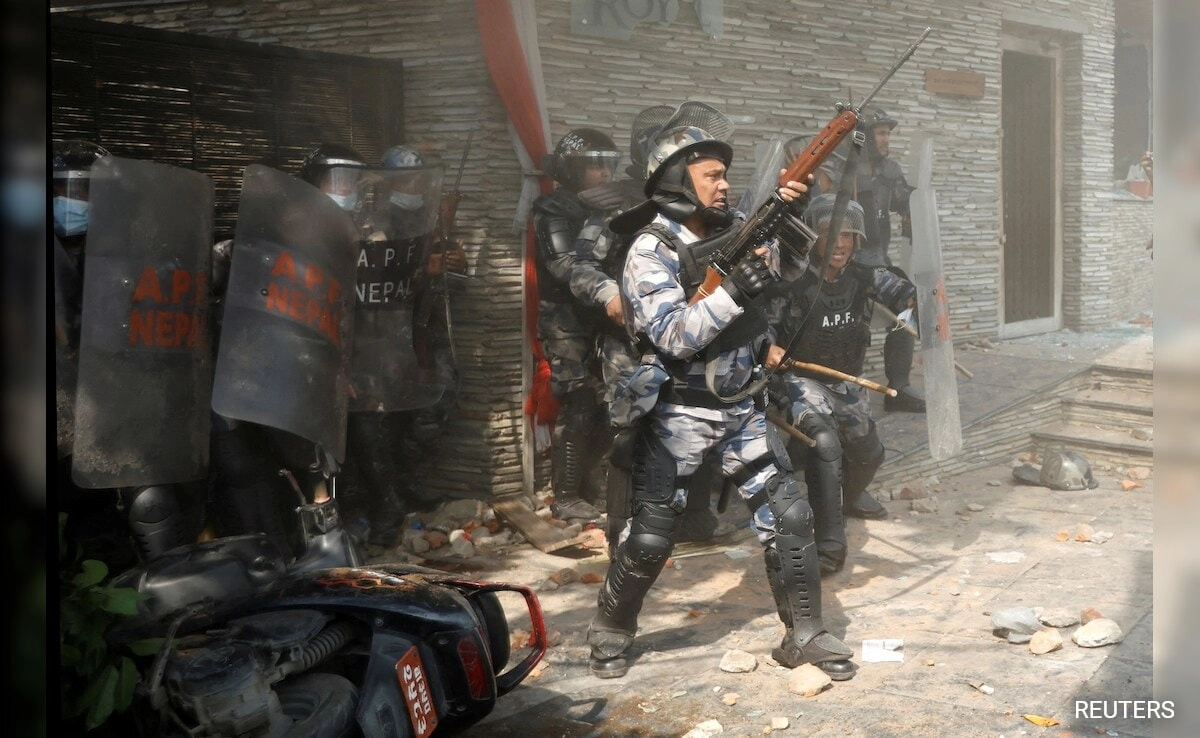In a recent commentary, Charlie Kirk expressed his concerns regarding Pakistan’s political maneuvers, describing the country as “very sneaky.” Kirk’s remarks come amid rising tensions and geopolitical complexities in South Asia, particularly with the ongoing U.S. involvement in the region. By labeling Pakistan in this way, he highlights what he perceives as duplicitous behavior from the Pakistani government, suggesting that their actions may not align with U.S. interests or the broader goals of stability in the area. Kirk’s critique underscores a growing skepticism among some political commentators about Pakistan’s role in various international issues, including terrorism and regional conflicts.
Kirk also directed his attention to former President Donald Trump, urging him to steer clear of any involvement in Operation Sindoor. This operation, which is reportedly aimed at addressing specific challenges in the region, has raised eyebrows among political analysts and commentators alike. Kirk’s warning to Trump stems from a belief that entanglement in such operations could further complicate U.S. foreign policy and lead to unintended consequences. He argues that past engagements in similar operations have often resulted in protracted conflicts that fail to address the root causes of instability.
The broader implications of Kirk’s statements resonate with ongoing debates about the U.S.’s role in South Asia. Many analysts are divided over the effectiveness of American interventionist strategies, particularly in a region as volatile as South Asia. Kirk’s insights reflect a growing concern that the U.S. must reevaluate its partnerships and strategies to avoid repeating past mistakes. His call for caution regarding Pakistan and Operation Sindoor serves as a reminder of the delicate balance the U.S. must maintain while navigating complex international relationships.
In conclusion, Charlie Kirk’s remarks on Pakistan and his advice to Donald Trump reflect a critical perspective on U.S. foreign policy in South Asia. As geopolitical dynamics continue to evolve, it remains essential for policymakers to consider the long-term ramifications of their decisions. Kirk’s emphasis on caution and skepticism toward Pakistani actions may resonate with many who advocate for a more measured and strategic approach to international relations. Ultimately, the effectiveness of U.S. policy in the region will depend on a nuanced understanding of the challenges and opportunities that lie ahead.




